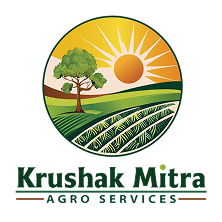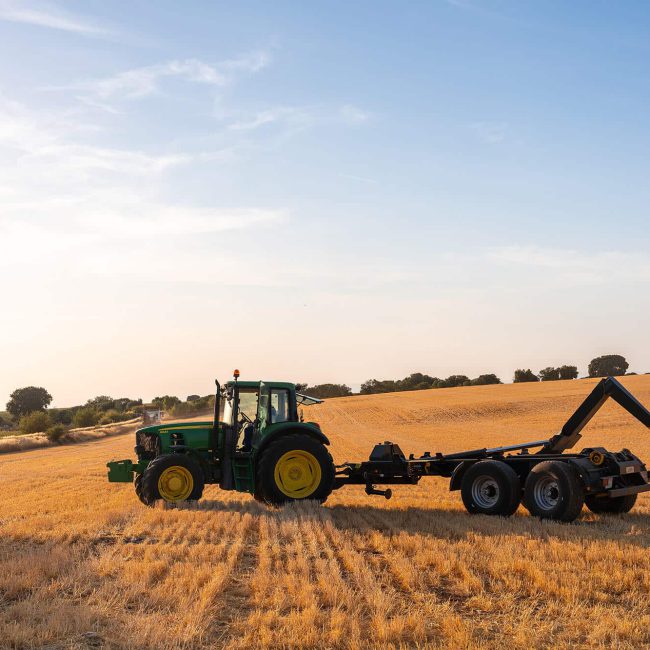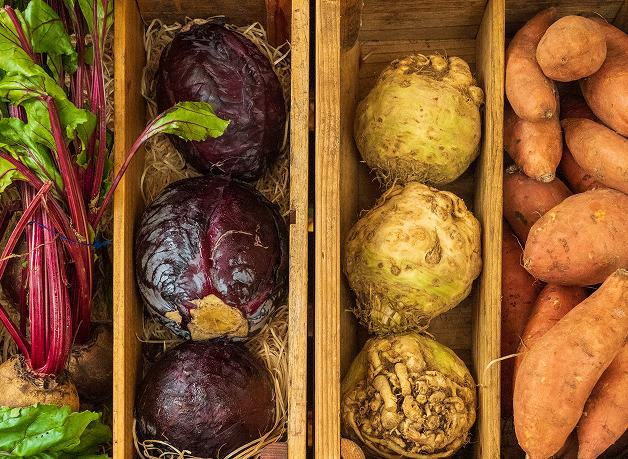Why Residue-Free? – A
Healthier & More Profitable Future
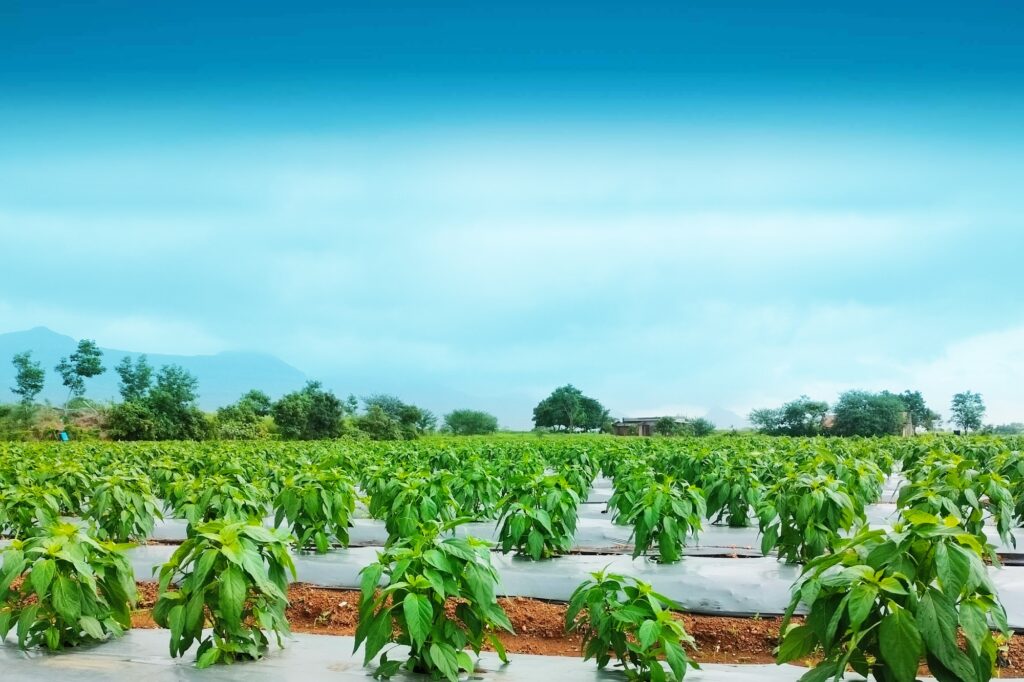
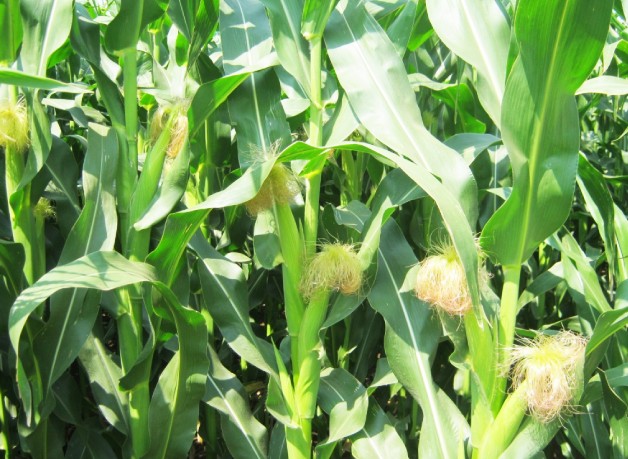
Embracing Residue-Free Farming
What is Residue-Free Farming?
Residue-free farming refers to agricultural practices that avoid or eliminate harmful chemical residues in the final produce.
By using natural inputs, biological pest management, and sustainable techniques, this approach ensures:
Safer food for consumers
Healthier soil and ecosystems
Compliance with export market standards
Unlike conventionally grown crops, residue-free produce meets stringent quality norms and is increasingly preferred in both domestic and international markets—unlocking better prices and long-term trust.
Residue-Free Farming
Traditional Practices for Healthier Produce and a Cleaner Environment
Residue-free farming refers to agricultural practices that avoid or eliminate harmful chemical residues in the final produce.
By using natural inputs, biological pest management, and sustainable techniques, this approach ensures:
Safer food for consumers
Healthier soil and ecosystems
Compliance with export market standards
Unlike conventionally grown crops, residue-free produce meets stringent quality norms and is increasingly preferred in both domestic and international markets—unlocking better prices and long-term trust.
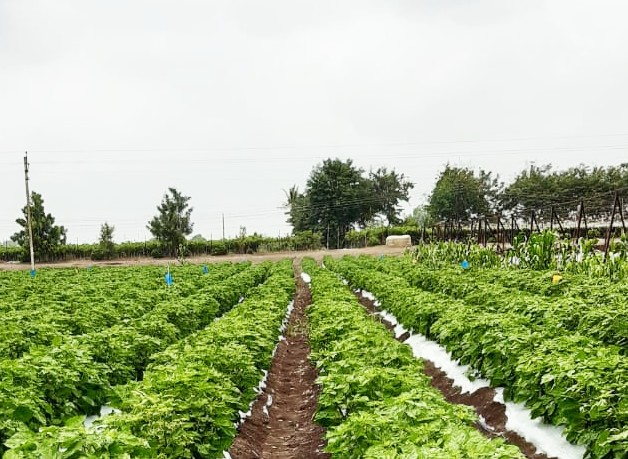
Traditional Practices for
Healthier Produce and a Cleaner Environment
| Feature | Residue-Free Produce | Chemically Treated Produce |
| Food Safety | Safe for direct consumption | Often contains pesticide residues |
| Export Compliance | Meets global residue norms | Rejected by high-standard markets |
| Soil Health | Preserves natural fertility | Depletes organic matter & biodiversity |
| Long-Term Sustainability | Eco-friendly and regenerative | High input cost and long-term damage |
| Market Demand | Preferred by conscious consumers | Facing growing resistance |
Krushak Mitra’s Commitment
Farmer Training & Awareness
Field Monitoring & Quality Assurance
Market Linkage for Certified Produce
What's wrong with the food we eat?
POPULAR QUESTIONS
Reasons for adopting Residue-free farming
Soil Fertility
Everything starts with soil. Residue-free farming emphasizes the use of bio-fertilizers and natural amendments that improve soil structure and microbial life. This promotes long-term fertility, supports beneficial microbes, and helps prevent soil-borne diseases like nematodes and wilting.
Productivity
Healthier soil leads to stronger, more resilient crops. With balanced nutrients and fewer chemical disruptions, residue-free farming often results in better crop performance, consistent yields, and improved plant immunity over time.
Sustainability
Residue-free farming supports regenerative agriculture. It reduces dependency on synthetic inputs, lowers environmental pollution, and enhances the farm’s ability to produce over successive generations—without depleting natural resources.
Quality
Crops grown without chemical residues are cleaner, safer, and often taste better. They meet stringent quality standards for retail and export markets, increasing consumer confidence and brand value for farmers.
Price
Residue-free produce commands premium prices in health-conscious and export markets. Farmers benefit from differentiated pricing, long-term buyer relationships, and reduced rejection rates.
